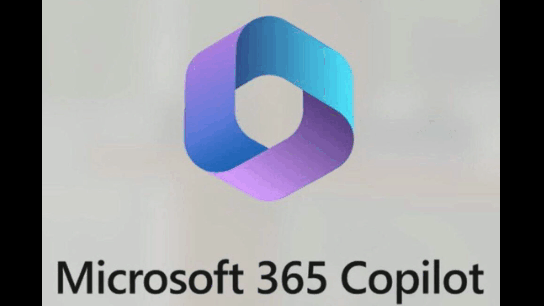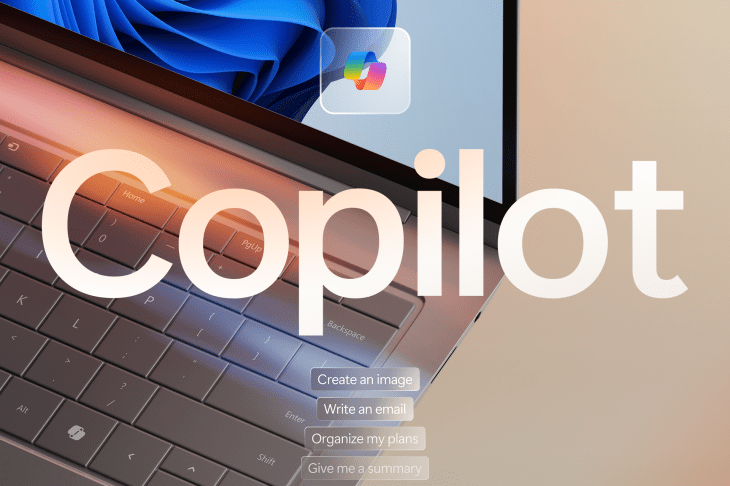AI: Microsoft Copilot pricing for the masses
...AI value and price discovery continues
As the new year kicks off, Microsoft clarified its mainstream pricing for its flagship AI product, Copilot for consumers and businesses:
“Microsoft evidently envisions Copilot, the umbrella brand for its portfolio of AI-powered, content-generating technologies, becoming a significant future revenue line-item. And that’s perhaps not far off base; according to the company, more than 40% of the Fortune 100 participated in its Copilot early access program.
But given the enormous cost of running GenAI models in the cloud, getting Copilot from expenditure to reliable revenue generator will require sustained — and large-scale, ideally — growth.”
The costs of running LLMs are coming down, as Microsoft partner OpenAI’s founder/CEO explained in an interview last week with Bill Gates:
“BILL GATES: In terms of equity, technology is often expensive, like a PC or Internet connection, and it takes time to come down in cost. I guess the costs of running these AI systems, it looks pretty good that the cost per evaluation is going to come down a lot?”
“SAM ALTMAN: It’s come down an enormous amount already. GPT-3, which is the model we’ve had out the longest and the most time to optimize, in the three and a little bit years that it has been out, we’ve been able to bring the cost down by a factor of 40. For three years’ time, that’s a pretty good start. For (GPT) 3.5, we’ve brought it down, I would bet, close to 10 at this point. (GPT) Four is newer, so we haven’t had as much time to bring the cost down there, but we will continue to bring the cost down. I think we are on the steepest curve of cost reduction ever of any technology I know, way better than Moore’s Law.”
Of course, Microsoft’s is not the only AI product out there, with OpenAI with its own ChatGPT Plus also at $20/month. And of course we’re seeing similar pricing from Google for its Bard and Gemini LLM AI products, which will also be offered in bundled with Google’s Productivity apps.
And businesses large and small are also trying to figure out the value of these new AI productivity products, and of course, how to have their people use them effectively. That’ll all take time.
Back last July, in ‘AI: Sticker Shock’, I’d made the point that this early in the AI Tech Wave:
“Customers large and small need to be prepared for sticker shocks and vigorous price discovery in the AI markets ahead.”
“Ultimately, the AI industry will sor touf their lower cost pricing flywheels, and optimized pricing strategies. Competition will come from companies large and small.”
We’re early in the value and price setting for all these AI driven services, and a lot of innovation as well as experimentation remains ahead. Microsoft/OpenAI and Google are currently the largest players on the AI productivity front, but the field remains wide open for other entrants to distinguish and differentiate themselves. Stay tuned.
(NOTE: The discussions here are for information purposes only, and not meant as investment advice at any time. Thanks for joining us here)





